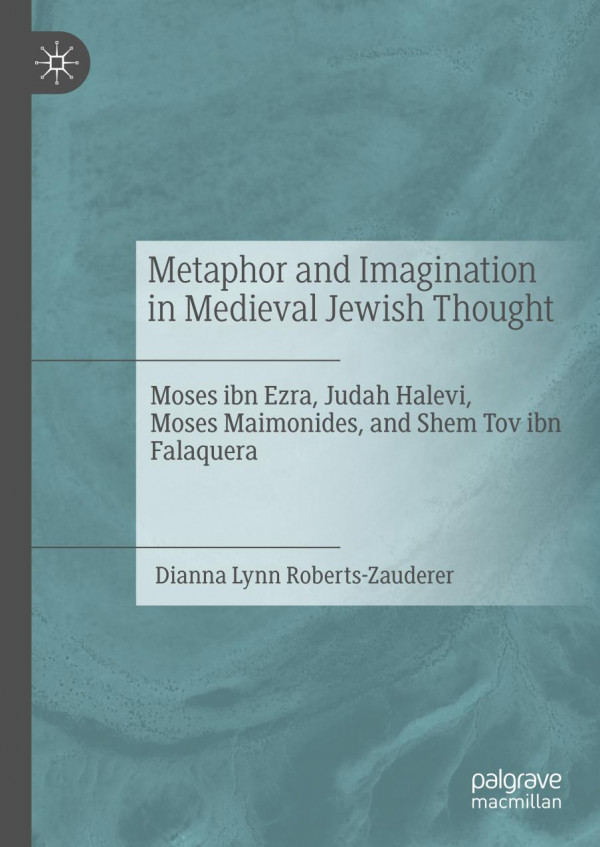

Most ebook files are in PDF format, so you can easily read them using various software such as Foxit Reader or directly on the Google Chrome browser.
Some ebook files are released by publishers in other formats such as .awz, .mobi, .epub, .fb2, etc. You may need to install specific software to read these formats on mobile/PC, such as Calibre.
Please read the tutorial at this link: https://ebookbell.com/faq
We offer FREE conversion to the popular formats you request; however, this may take some time. Therefore, right after payment, please email us, and we will try to provide the service as quickly as possible.
For some exceptional file formats or broken links (if any), please refrain from opening any disputes. Instead, email us first, and we will try to assist within a maximum of 6 hours.
EbookBell Team

4.1
70 reviewsThis book reveals how Moses ibn Ezra, Judah Halevi, Moses Maimonides, and Shem Tov ibn Falaquera understood metaphor and imagination, and their role in the way human beings describe God. It demonstrates how these medieval Jewish thinkers engaged with Arabic-Aristotelian psychology, specifically with regard to imagination and its role in cognition. Dianna Lynn Roberts-Zauderer reconstructs the process by which metaphoric language is taken up by the imagination and the role of imagination in rational thought. If imagination is a necessary component of thinking, how is Maimonides’ idea of pure intellectual thought possible? An examination of select passages in the Guide, in both Judeo-Arabic and translation, shows how Maimonides’ attitude towards imagination develops, and how translations contribute to a bifurcation of reason and imagination that does not acknowledge the nuances of the original text. Finally, the author shows how Falaquera’s poetics forges a new direction for thinking about imagination.